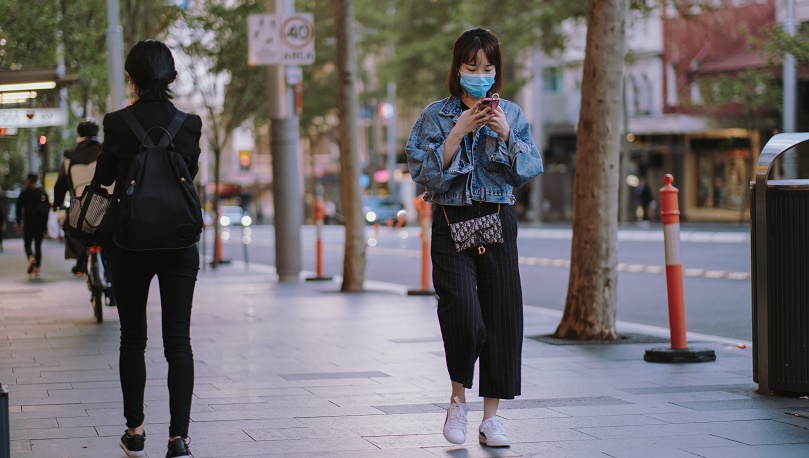Exclusive: Medical supplies marketplace launches to ease shortage


A new online marketplace for medical supplies launched over the weekend with the aim of easing the shortage of face masks, hand sanitiser, surgical gowns and other personal protective equipment (PPE) in Australia.
MedCart currently offers around 1000 SKUs of medical supplies from approximately 30 sellers, and there are plans to expand the range in the coming weeks and months.
There are also plans to offer e-commerce functionality in the near future. Currently, customers need to contact sellers to complete their purchase.
“Better done than perfect,” MedCart founder Phil Leahy told Inside Retail about taking the marketplace from idea to reality in less than two months amidst the global coronavirus pandemic.
That phrase, a favourite among entrepreneurs, is especially true given the recent global PPE shortage, which has had severe consequences for frontline workers and vulnerable people in Australia and around the world.
Headlines of the shortage spurred businesses in various industries to adapt their operations to help plug the gap. Distilleries and apparel brands, whose production calendars had been upended by COVID-19, started making hand sanitiser and face masks.
But there was still the question of efficiently connecting those businesses that wanted help, as well as suppliers outside the healthcare industry that happened to have PPE on their hands, with those in need.
Enter MedCart.
Putting the ‘flywheel’ to use for frontline workers
MedCart enables many different vendors to list medical supplies for sale on its platform. And, like other online marketplaces, it’s able to offer a wide range of products because it doesn’t need to source and store all the items itself.
The wide range draws more customers, which in turn draws more sellers. It’s the same ‘flywheel’ strategy that Amazon’s Jeff Bezos credits with the success of his online marketplace. The only difference is that the products on MedCart are potentially lifesaving, and the customers shopping there include frontline workers.
According to Leahy, some of the products on MedCart are on the Australian Register of Therapeutic Goods, which means they could be used in clinical settings like hospitals and doctor’s offices. Other items are approved by the US Food and Drug Administration and are intended for people who want to wear PPE like face masks and gloves in their everyday lives.
While the shortage of PPE is not as critical as it once was, Leahy believes there will still be increased demand for products like face masks and gloves.
“Until this thing has been eradicated, the need will be there,” he said.
And even after COVID-19 is eradicated, there may be reason to keep MedCart up and running.
“There was never a medical marketplace before,” Leahy pointed out. “We can see it going on for a long life after the pandemic.”
MedCart, which was built on the Marketplacer platform, is not charging vendors any listing fees for the first six months. It receives a cut of each sale made through the platform.
Keep on pivoting
The idea for MedCart came out of another initiative Leahy started at the beginning of the coronavirus outbreak back in March.
Knowing the huge burden the pandemic would place on healthcare workers, and having recently visited his own mother in the hospital, he set up a social enterprise to provide care kits to hospital staff.
Called Frontliners, the initiative has reached more than 78,000 individuals so far and has received support from a slew of brands, including Swisse, CostCo, The Body Shop, Modibodi, Lovehoney, Naked Wines, YouFoodz, Uber Eats and others.
It has also kept the team at Leahy’s events company, Retail Global, working over the past 2.5 months, despite the ban on large gatherings.
Comment Manually
You must be logged in to post a comment.

No comments